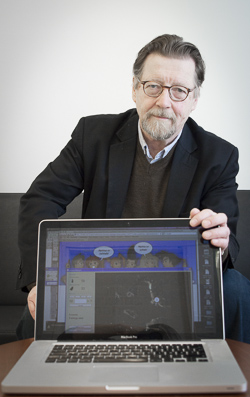Future Primary Pupils Will Learn Mathematics with a New Approach
In the future, people will need more and more adaptable mathematical skills. In the newly begun programme, researchers are studying if by developing the teaching of mathematics in primary school learning can be changed so that pupils can better adapt their mathematical skills.
 In today’s society, the nature of the needed mathematical skills is changing. Instead of the rigid application of calculation, people should understand how different economic, social, technological and work-related processes are mathematically represented and modelled.
In today’s society, the nature of the needed mathematical skills is changing. Instead of the rigid application of calculation, people should understand how different economic, social, technological and work-related processes are mathematically represented and modelled.
The Future Learning, Knowledge and Skills (TULOS) Research Programme of the Academy of Finland researches whether by developing the primary school teaching of mathematics learning can be changed so that the pupils can use their mathematical skills flexibly in new situations.
–Our goal is that the pupils would learn how to develop their own mathematical strategies and recognise interesting phenomena in their everyday surroundings that can be modelled in numerical relations and changes, says Academy Professor Erno Lehtinen from the University of Turku, who is leading the research.
The research programme is developing pedagogical practices, digital games and creating applications which will increase the pupils' interest in mathematical mind games.
The research programme includes basic research and applied school research methods. The phenomena of mathematical learning are researched in laboratory-like circumstances with precise tests, observation and with brain scans.
Text & photo: Hannu Aaltonen
Translation: Mari Ratia